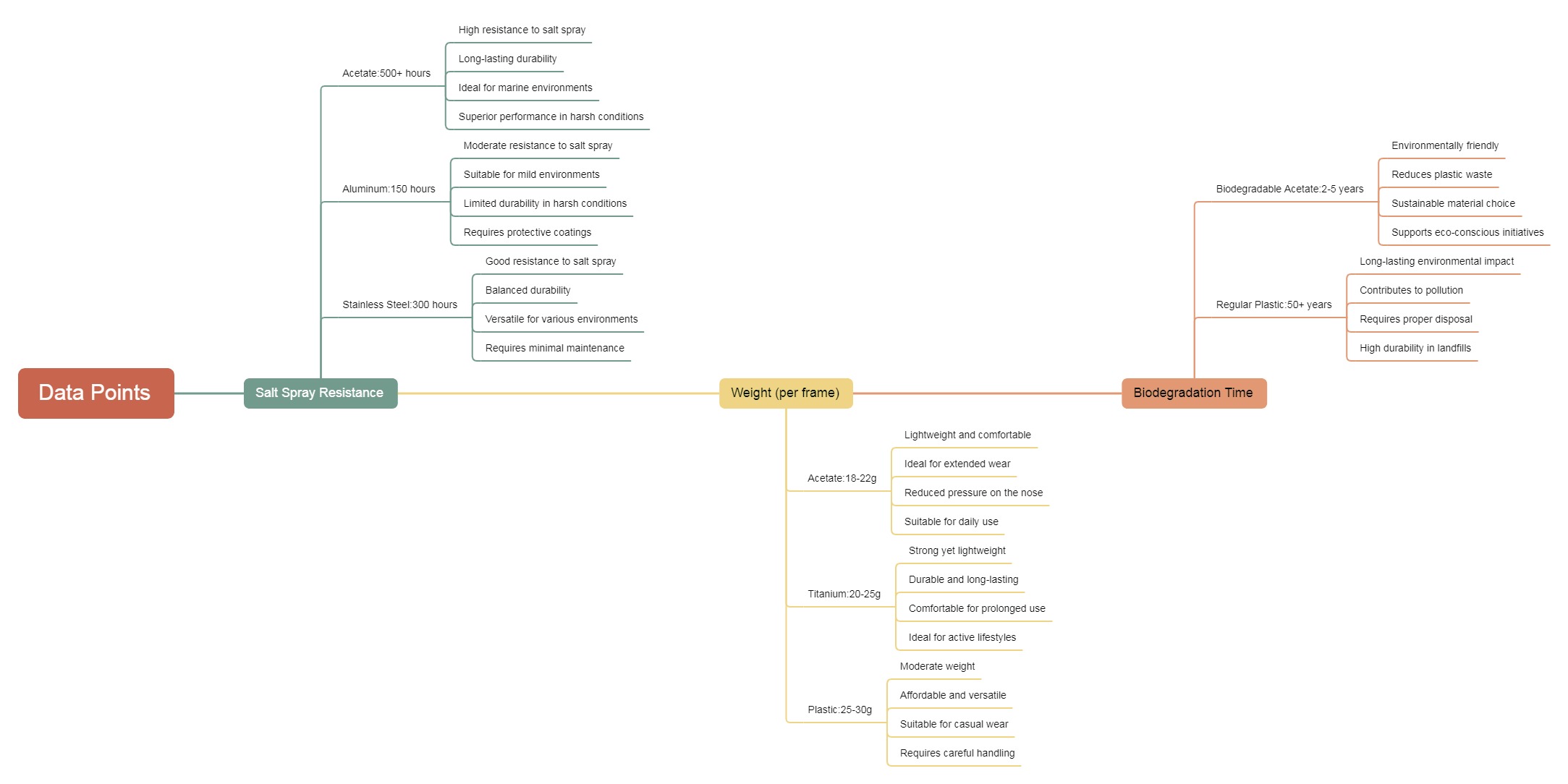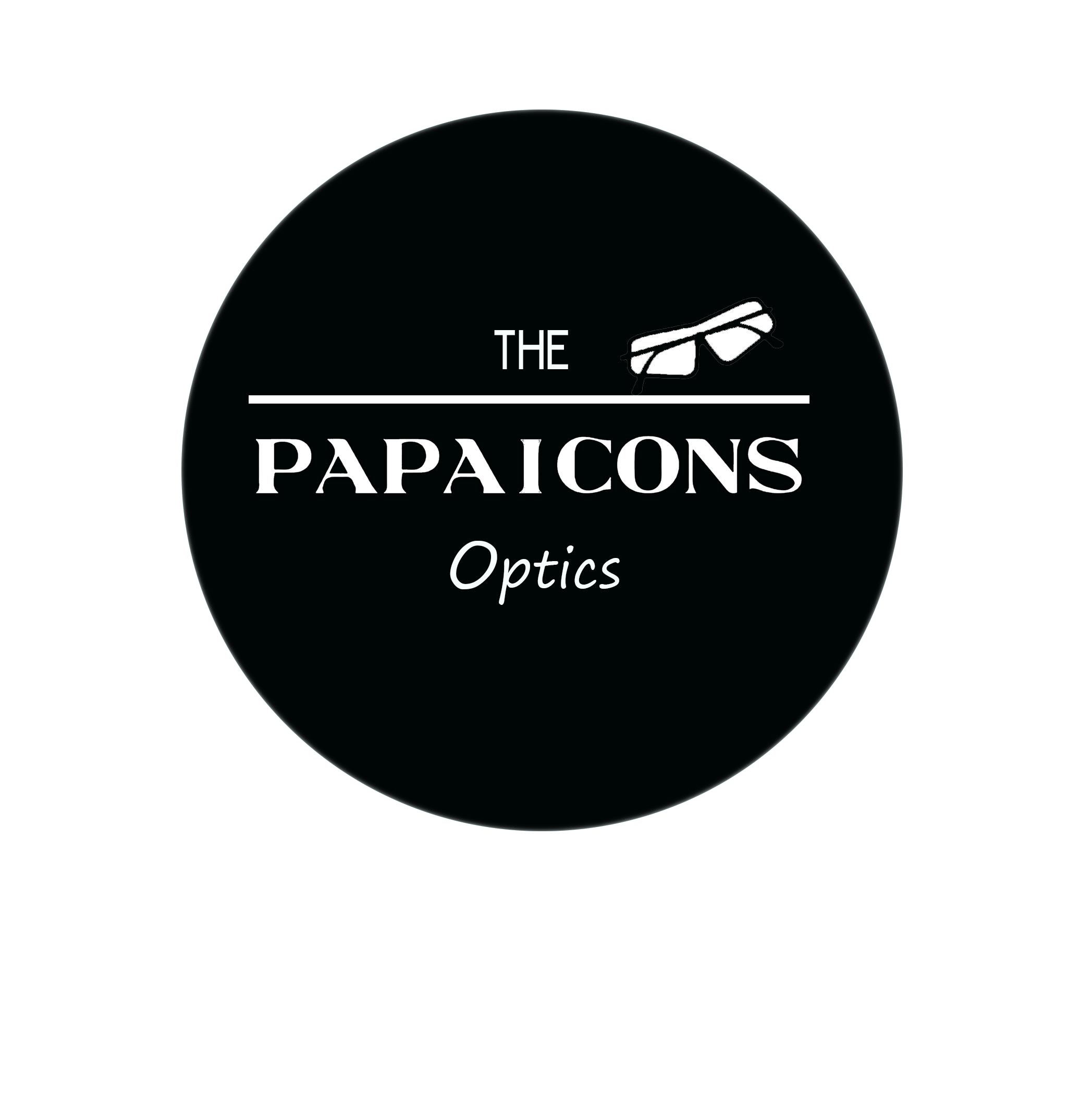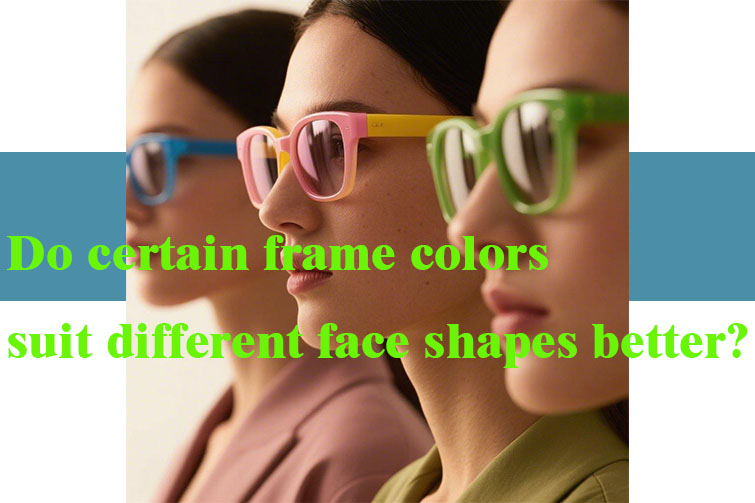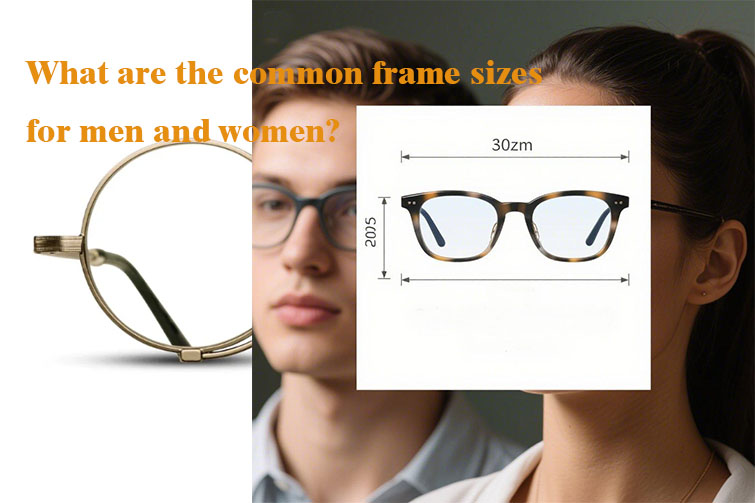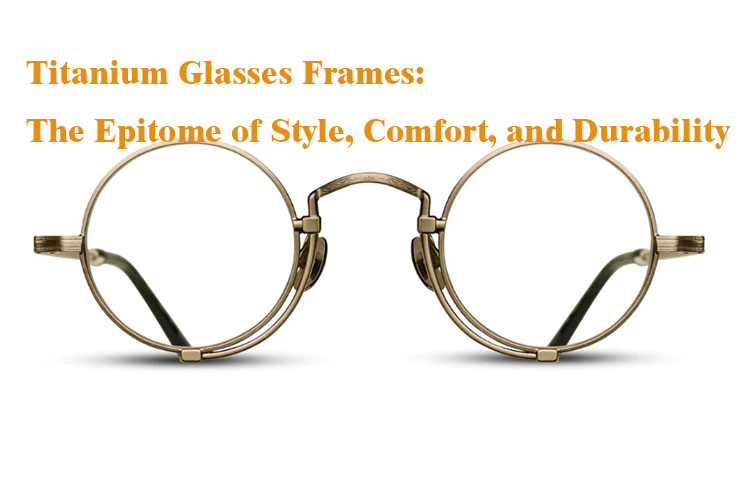

The Allure of Acetate: Why Top Sunglasses & Eyeglasses Brands Swear By This Timeless Material
The Allure of Acetate: Why Top Sunglasses & Eyeglasses Brands Swear By This Timeless Material
In the bustling workshops of Milan and Tokyo, artisans are shaping sheets of cellulose acetate into iconic frames – a process that defines 60% of premium eyewear production today. As sunglasses manufacturers and eyeglass makers race to balance style, sustainability, and durability, this plant-based material has emerged as the unsung hero behind iconic brands like Ray-Ban and Oliver Peoples.
1. The Sensory Symphony of Acetate
What makes acetate the gold standard for sunglasses and eyeglasses? Its unique combination of tactile luxury and structural integrity:
- Velvet Touch: Unlike cold metals, acetate warms to the skin, creating a 15% higher comfort rating in wearer studies (Source: EssilorLuxottica, 2024).
- Color Alchemy: The material absorbs dyes at a molecular level, producing rich tones like tortoise shell and ocean gradient that remain vibrant for decades.
- Memory Shape: Thanks to its thermoplastic nature, acetate frames can be adjusted up to 20 times without losing their form – a boon for eyeglasses manufacturers crafting prescription-ready designs.
2. From Runways to Daily Wear: Acetate’s Sustainable Revolution
Environmental consciousness is driving sunglass brands toward biodegradable acetate – a variant made from cotton linter and wood pulp that decomposes in 2-5 years:
Industry Insight: Luxottica saw a 35% surge in acetate frame sales in 2023, with eco-conscious consumers willing to pay 22% more for sustainable materials.
3. The Science Behind Acetate’s Superiority
Compared to traditional plastics, acetate undergoes a 7-step purification process that elevates its performance:
- Molecular Distillation: Removes impurities down to 0.01mm
- Layer Lamination: Creates depth for effects like cloud marble
- Ultrasonic Welding: Joins pieces with 0.1mm precision
- These steps explain why acetate frames outperform metal in salt spray tests (500+ hours vs. 150 hours for aluminum) – a critical factor for sunglasses manufacturers targeting coastal markets.
4. The Future of Acetate in Fashion
As eyewear brands experiment with hybrid materials, acetate remains indispensable:
- Tech Integration: Augmented reality glasses now use lightweight acetate for ergonomic design
- Circular Economy: Brands like Etnia Barcelona recycle acetate scraps into new frames
- This versatility ensures acetate will dominate both sunglasses and eyeglasses categories – projected to account for $4.2 billion in global sales by 2028 (Grand View Research).
Why AcetateFrames.com Chose This Material
"Acetate offers the perfect balance of art and science," says Marco Vitale, CEO of a leading eyeglass manufacturer. "It’s why our prescription frames come with a 10-year color fade warranty – something no plastic can match."
